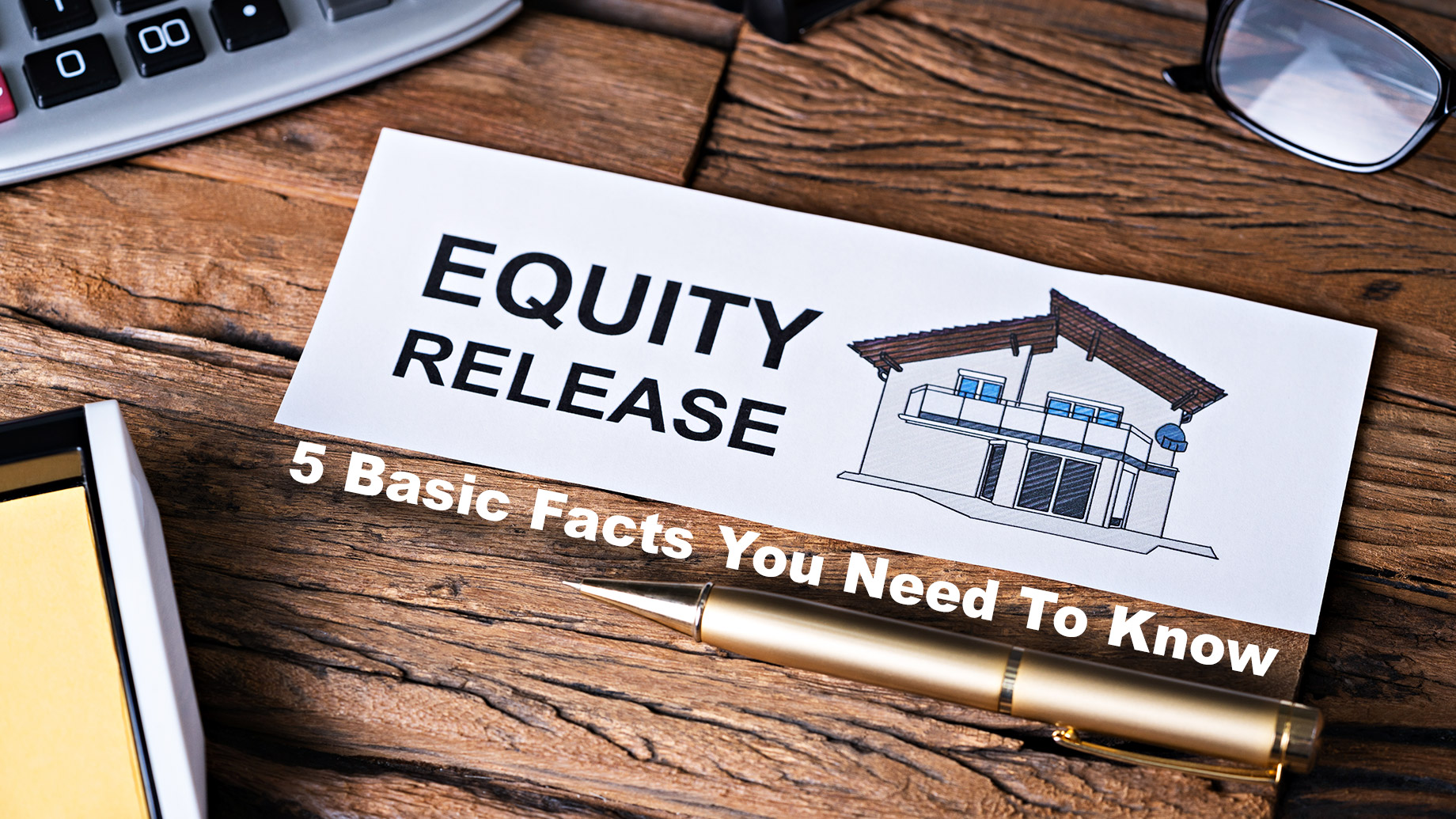
As public interest in equity release rises, it’s important to get to grips with what exactly this type of loan involves, what it has to offer those who use it, and what potential issues it can create.
To do that, let’s go through the most fundamental aspects of equity release so you are empowered with information before you decide to go through with making a commitment to a particular deal.
What is equity release?
If you own your home and it is also your main asset, equity release lets you free up a proportion of its untapped value as a lump sum payment which can be put towards everything from holidays and home improvements to house deposits for younger generations of your family and everything in between.
Crucially, you don’t need to leave your current home if you use equity release, and you are still its owner. This gives it the edge over downsizing, as you can stay put in the property that has been a part of your life for a long time.
How much can you make via equity release?
The answer to this question varies depending on a few factors, such as your age and of course the value of your property itself.
To get a precise idea of what you could extract via equity release, it’s a good idea to use the equity release calculator from Reader’s Digest.
Obviously the more valuable your property, the more you can borrow. However, older people will also be able to borrow much more than their younger counterparts.
Who is eligible for equity release?
There are a couple of main requirements for people who want to use equity release. Firstly, you have to be 55 years of age or older, and as mentioned if you are at the lower end of this minimum, your ability to borrow large sums will be somewhat reduced.
Secondly, you will need to be mortgage-free, so if you still have a large sum to pay off on your current mortgage, you may not be approved for this type of loan.
If you have a small mortgage remaining, an equity release deal could still be within reach. It is just that part of the loan will need to cover the balance of your mortgage, which obviously eats into how much you can borrow.
When is the loan repaid?
You might be used to having monthly mortgage repayments to cover, but this is not an obligation you need to worry about with equity release. Instead, the lender will only seek repayment much further down the line when you and any other owners of the property pass away, or are relocated to a care home.
The amount that is repayable will be the original loan amount, in addition to the interest that has built up over the intervening years.
This does mean that the people who inherit your estate after you die will have a smaller amount to take away with them. However, the good news is that you cannot go into negative equity thanks to the way these loans are regulated, so the repayable amount will never be greater than the value of your home at the point it is sold.
Why should you consider equity release?
We talked about a few of the things that people can use equity release loans for earlier, and the biggest motivator is definitely being able to enjoy retired life without being restricted by how much your pension pays out.
So if equity release sounds like it could be a good option, check to see how much you could get, and speak with a financial advisor as well.